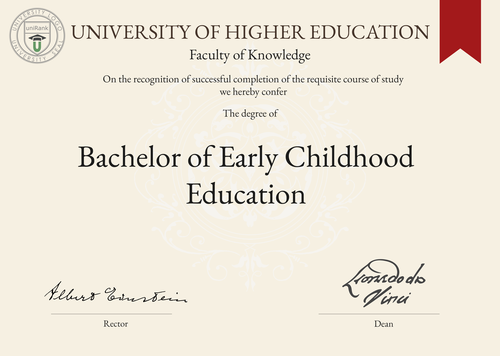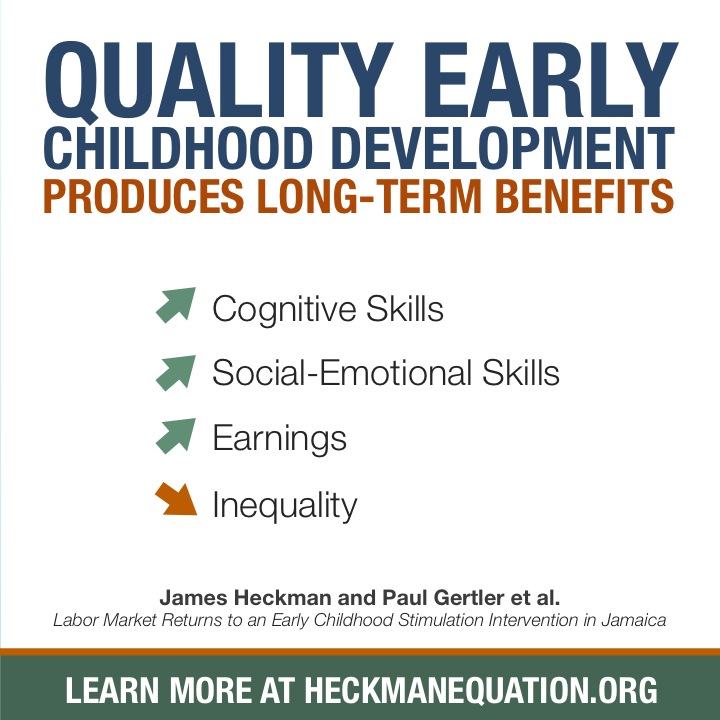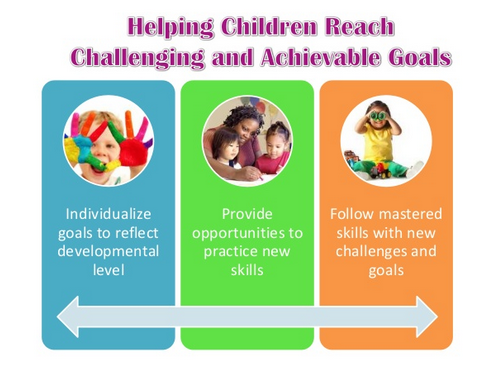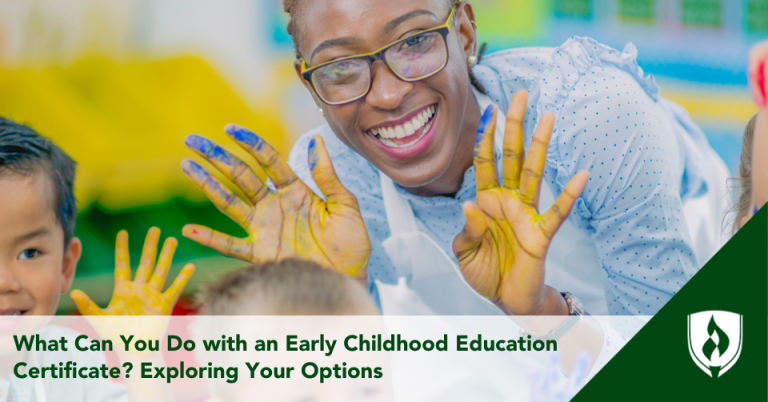What is Early Childhood Care And Education: Essential Guide for Parents
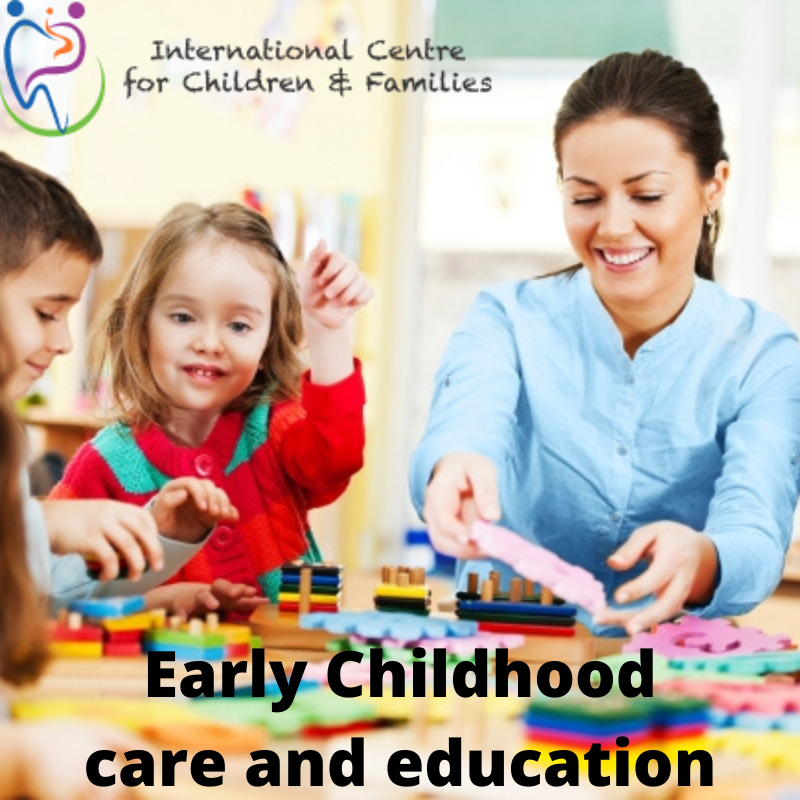
Early Childhood Care and Education (ECCE) refers to the education and care provided to young children from birth to the age of eight years old. ECCE programs aim to support the holistic development of children by providing a safe and nurturing environment, and promoting their physical, emotional, social, and cognitive development.
Early childhood is a critical period of development when children acquire fundamental skills and knowledge that will shape their future learning and well-being. ECCE programs play a crucial role in preparing children for school and life by providing them with a strong foundation of skills, such as language and literacy, numeracy, social skills, and problem-solving abilities.
Additionally, ECCE programs support families in their role as primary caregivers and educators of their children, by providing them with information and resources to support their child’s development. In this way, ECCE programs contribute to the overall well-being and development of children and their families, and to the growth and prosperity of society as a whole.
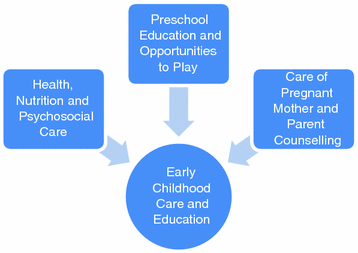
Credit: lawexplores.com
Importance Of Early Childhood Care
The importance of early childhood care cannot be overstated. It plays a crucial role in shaping a child’s future and laying the foundation for their overall development. Early childhood care and education provide a nurturing and supportive environment that is essential for a child’s growth and well-being.
Building Foundation For Learning
Early childhood care serves as the cornerstone for a child’s future learning and development. During the early years, children are like sponges, absorbing everything around them. Quality early childhood care provides the necessary stimulation and experiences that are fundamental for cognitive development and helps in building a strong foundation for future academic success.
Supporting Social And Emotional Development
Early childhood care also plays a pivotal role in fostering a child’s social and emotional development. Through positive interactions with caregivers and peers, children learn important social skills such as sharing, empathy, and cooperation. Additionally, they develop emotional resilience and learn to manage their feelings in a supportive environment.
Benefits Of Early Childhood Education
Early childhood education plays a crucial role in setting the foundation for a child’s future development. The benefits of early childhood education are manifold, encompassing enhanced cognitive development and improved academic performance.
Enhanced Cognitive Development
Early childhood education fosters enhanced cognitive development by providing stimulating learning experiences that promote critical thinking, problem-solving, and decision-making skills. Through interactive activities and play-based learning, children develop strong cognitive abilities, laying the groundwork for future academic success.
Improved Academic Performance
Engaging in early childhood education leads to improved academic performance. Children who participate in quality early education programs demonstrate better literacy and numeracy skills, setting them up for success in later years of schooling. By nurturing a love for learning from a young age, early education paves the way for academic achievements.
Role Of Parents In Early Childhood Education
Early childhood care and education play a crucial role in shaping a child’s development. The involvement of parents in early childhood education is paramount as they are the child’s first and most influential teachers. Parents have a significant impact on their child’s learning and growth, and their active participation is essential for providing a nurturing and stimulating environment that fosters positive relationships.
Creating Stimulating Environment
Parents can create a stimulating environment at home by incorporating educational toys, books, and art materials. Encouraging exploration and creativity through play and interactive activities helps nurture a child’s curiosity and cognitive skills.
Fostering Positive Relationships
Building strong emotional bonds and communication with their children is crucial for parents. Spending quality time together, actively listening, and responding to their child’s emotions and needs fosters a sense of security and trust, which is essential for their social and emotional development.
Credit: nap.nationalacademies.org
Choosing The Right Early Childhood Education Program
Choosing the right early childhood education program is a crucial decision for parents, as it sets the foundation for a child’s learning and development. Researching options, considering the curriculum and approach, and understanding the learning environment are key factors to consider when making this important choice.
Researching Options
When researching early childhood education programs, it’s essential to explore various options available in your area. Begin by seeking recommendations from other parents, conducting online research, and visiting potential programs to gain a firsthand understanding of their offerings.
Considering Curriculum And Approach
The curriculum and approach of an early childhood education program play a significant role in shaping a child’s learning experience. Look for programs that offer a well-rounded curriculum encompassing academics, social-emotional development, and creative expression. Consider the approach used, whether it’s play-based, Montessori, Reggio Emilia, or another method that aligns with your child’s learning style.
Ensuring Quality Care And Education
Ensuring Quality Care and Education in early childhood settings is crucial for the holistic development of young children.
Qualified Educators
Qualified educators play a vital role in providing enriching learning experiences.
Safe And Nurturing Environment
Creating a safe and nurturing environment is essential for children to thrive.
Promoting Learning At Home
When it comes to promoting learning at home for early childhood development, engaging in play-based activities and encouraging reading and communication are key components.
Engaging In Play-based Activities
Encourage children to engage in imaginative play with toys and games.
- Provide opportunities for creative expression through art and crafts.
- Promote outdoor play to enhance physical development.
- Participate in pretend play scenarios to boost social skills.
Reading And Communication
Read books together to foster a love for reading and improve language skills.
- Engage in conversations to enhance communication and vocabulary.
- Encourage storytelling and active listening to stimulate imagination.
- Utilize educational apps and interactive media for variety.
Addressing Challenges In Early Childhood Education
Dealing With Separation Anxiety
Separation anxiety can be a common challenge for young children entering an early childhood care and education setting. It’s important for educators and caregivers to create a warm and welcoming environment to help ease children’s anxiety. Establishing routines and encouraging parent involvement can also support children as they transition into the educational setting.
Handling Behavioral Issues
Behavioral issues can arise in early childhood education, and it’s crucial for educators to have strategies in place to address these challenges. Positive reinforcement and clear, consistent expectations can help promote positive behavior. Open communication with parents and collaboration with other professionals can also be valuable in addressing behavioral issues.
Resources For Parents
Resources for Parents play a crucial role in supporting the early childhood care and education of young children. Parents can benefit from various support groups, workshops, and online educational tools to enhance their child’s development.
Support Groups And Workshops
Support groups offer parents a platform to connect with others facing similar challenges. Workshops provide valuable insights and tips for effective parenting.
Online Educational Tools
Online tools offer interactive learning experiences for both parents and children. These resources can aid in early childhood education and skill development.
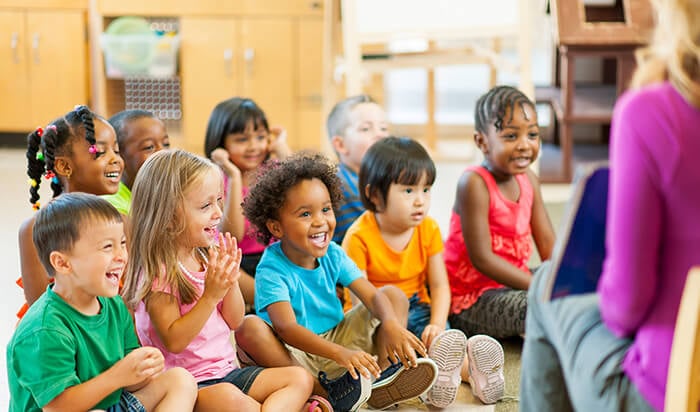
Credit: www.umassglobal.edu
Frequently Asked Questions
What Is The Meaning Of Early Childhood Education?
Early childhood education refers to the educational programs and activities designed for children from birth to the age of eight. It encompasses a range of learning experiences, including play-based activities, social interaction, and academic instruction, aimed at promoting children’s cognitive, social, emotional, and physical development.
What Is Early Childhood Care And Education Summary?
Early childhood care and education refers to the programs and services provided to young children from birth to age eight. These programs aim to support children’s physical, cognitive, emotional, and social development, and prepare them for success in school and in life.
What Is Early Childhood Education And Care In The United States?
Early childhood education and care in the United States refers to programs and services for young children to support their learning and development.
What Is Ecc In Education?
ECC in education stands for Early Childhood Care and Education. It focuses on the development of young children through educational and nurturing programs. ECC programs aim to provide a strong foundation for children’s future learning and success.
Conclusion
Early Childhood Care And Education play a crucial role in shaping children’s future. Investing in quality early education benefits society as a whole. By providing a strong foundation, we empower our youngest learners for lifelong success. Let’s prioritize early childhood education for a brighter tomorrow.
Lorem Ipsum is simply dummy text of the printing and typesetting industry. Lorem Ipsum has been the industry’s standard dummy text ever since the 1500s, when an unknown printer took a galley of type and scrambled it to make a type specimen book.

